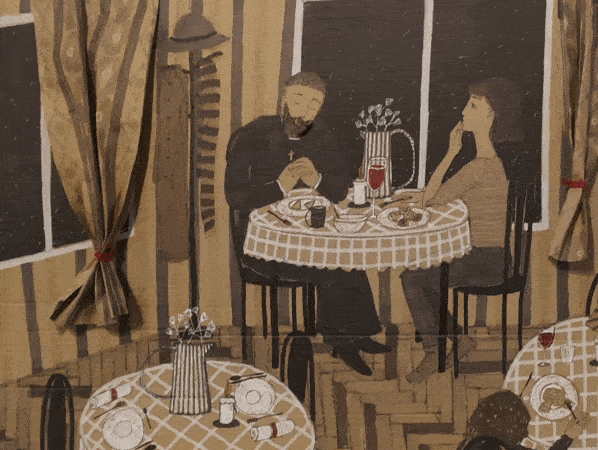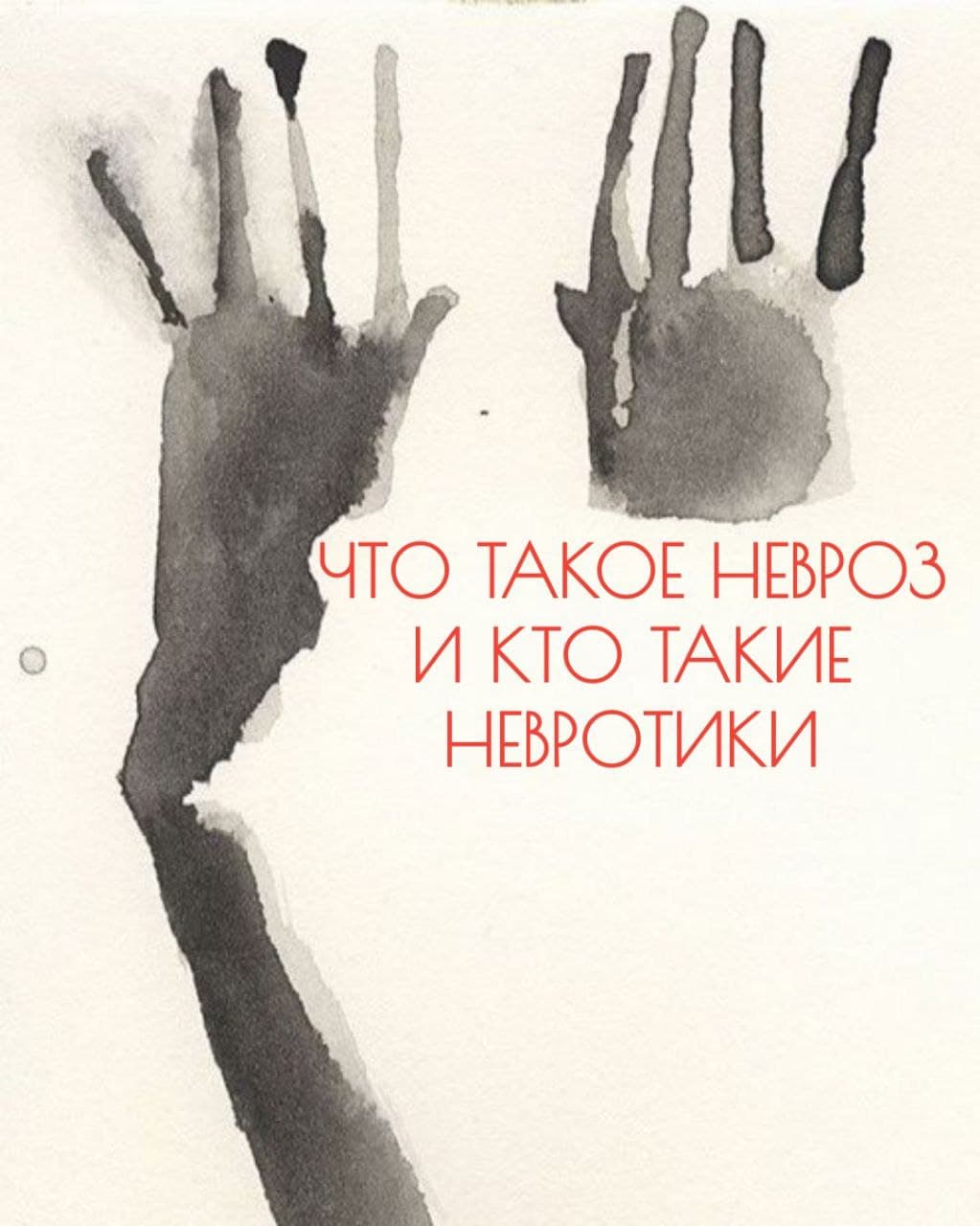
@omprograms
Uncertainty is almost inevitable and, in a way, even a familiar part of our lives. But when the level of uncertainty is high, it can affect a whole range of important aspects of our lives.

Many years ago in New York, I accidentally met a priest from the Russian Orthodox Church Abroad, Father Yakov. At that time, I was utterly confused and upset by the turmoil in my personal life, and I walked a lot to distract myself. It was the end of December. The weather outside was dreadful - damp, with a sharp wind and tiny, piercing ice crystals scratching my face. I entered a tiny room with glass doors to warm up. At first glance, it looked like a small local history museum. The room, with some clay shards on the shelves, turned out to be a ticket office selling tickets for musical concerts held in the nearby cathedral. There was a small queue at the window – a couple of students (both in worn jeans, stretched sweaters, and glasses) and a young priest in a cassock. I began shifting from foot to foot, looking at the rather dull pictures on the stone walls. The priest moved away from the ticket office and walked directly towards me. I must have looked miserable, and he decided (out of the kindness befitting a Christian) to speak to me. We went outside together, and as we shivered from the cold and wind while trudging along Broadway towards 62nd Street (I lied that I was going to see Lincoln Center for some reason), I learned that Father Yakov had a small parish in a church on Manhattan, near Columbia University, three children, and time for conversations with lost strangers. He suggested we go to a restaurant. The restaurant was probably French because they served snails and foie gras, which I think I saw for the first time. It was Lent, so Father Yakov ate some triangular crackers while feeding me snails and foie gras. It was tasty but somewhat unsettling. Something vaguely suspicious seemed to me in this trustworthy, handsome face. I imagined little Miss Marple on my shoulder. She had settled comfortably, dangling her small feet in strict half-boots, and we, although I continued to chat casually with Father Yakov, began to speculate.
Father Yakov did not look like someone planning to flirt. He behaved very clearly and simply, told me about his life full of endless affairs and worries in New York, asked about mine, and invited me to visit his wife and children. I was puzzled: was he smuggling and mistook me for a middleman? Was he recruiting agents for some criminal purposes? Was he trying to increase his congregation by enticing people with snails? At some point, I began to suspect that he was a KGB agent, but since I couldn’t think of a reason for the KGB’s interest in me, I dismissed this thought as unfounded. Eventually, I almost forgot my suspicions and got carried away with the conversation. It was very cozy. Outside, there was wind and prickly ice, while inside, Father Yakov, in the warm light of Christmas lights against the background of foie gras, talked about the daily life of a priest in New York. Miss Marple started nodding off and even snored a bit, though no one noticed the latter.
I asked how he found time for this evening amidst his affairs and worries. “Time?” – Father Yakov smoothed his neatly trimmed beard with a habitual gesture. He simply decided it was important. In his opinion, a person should try to be the master of their time. "Then you won't have to painfully search for time that is 'lost or not yet found.' This is almost impossible for anyone. But he (Father Yakov) sees one of the important human tasks as not succumbing to the accelerated pace of life. 'This idea that you need to keep up with something... plans, ambitions, results... doesn't help. On the contrary, we lose our time that way because we are not present in the moment. What matters is what is happening to us now. Saint Augustine said that we have neither the past nor the future. There is the present, the present of the past, and the present of the future. Life is in the present. I met you and realized this is the time for our conversation.'"
Father Yakov thoughtfully rubbed his chin, and to my horror, I saw a piece of beard hanging, revealing a smoothly shaved cheek. I froze with fear and curiosity. Meanwhile, Miss Marple perked up. Details no longer escaped her keen gaze. From under Father Yakov's beautiful black hair peeked a tiny light-red lock. "I love redheads," I thought irrelevantly. The beard continued to hang. Father Yakov's face took on a worried expression. His hand, with a habitual gesture, stroked the beard... The failure was evident. "Forgive me, priests sometimes have to disguise themselves," mumbled Father Yakov, awkwardly flicking the falling piece of beard with his thumb. I sat frozen. "You see," the imposter continued, "we have a dress code." He blushed. If he hadn't blushed so much, I probably would have run without looking back, ignoring the wind and not paying attention to the road. But this blush, unexpectedly spreading over the parts of his face not covered by the fake beard (including the gap on his lower jaw), looked very human and even touching. And, supported by the professional tracker Miss Marple, I stayed.
Father Yakov turned out to be a student of a theater school, who had come to New York to visit relatives for the Christmas holidays. He was doing a homework assignment – he had to spend a whole day in the role of a priest (the roles were assigned by his teacher). He had to bring the outfit (the costume, so to speak) with him from Moscow.
I regretted it. I think he would have made an excellent clergyman. Kind, sensitive, and thoughtful. For me, in any case, this meeting turned out to be quite soul-saving and definitely brightened up my life at that time. And lately, I often remember it when I think about how to stop trying to fit the unfit, stop postponing meetings with dear people, and not demote to the rank of not the most important meetings and affairs those that are seemingly non-essential but bring the most joy. Maybe it will work out in the New Year?

Fill out the form below, we will answer your question shortly!

Uncertainty is almost inevitable and, in a way, even a familiar part of our lives. But when the level of uncertainty is high, it can affect a whole range of important aspects of our lives.

WHAT PREVENTS A THERAPIST FROM BEING A THERAPIST?

Alarm levels. What is anxiety and how to deal with anxiety?

What is neurosis, and who are neurotics?